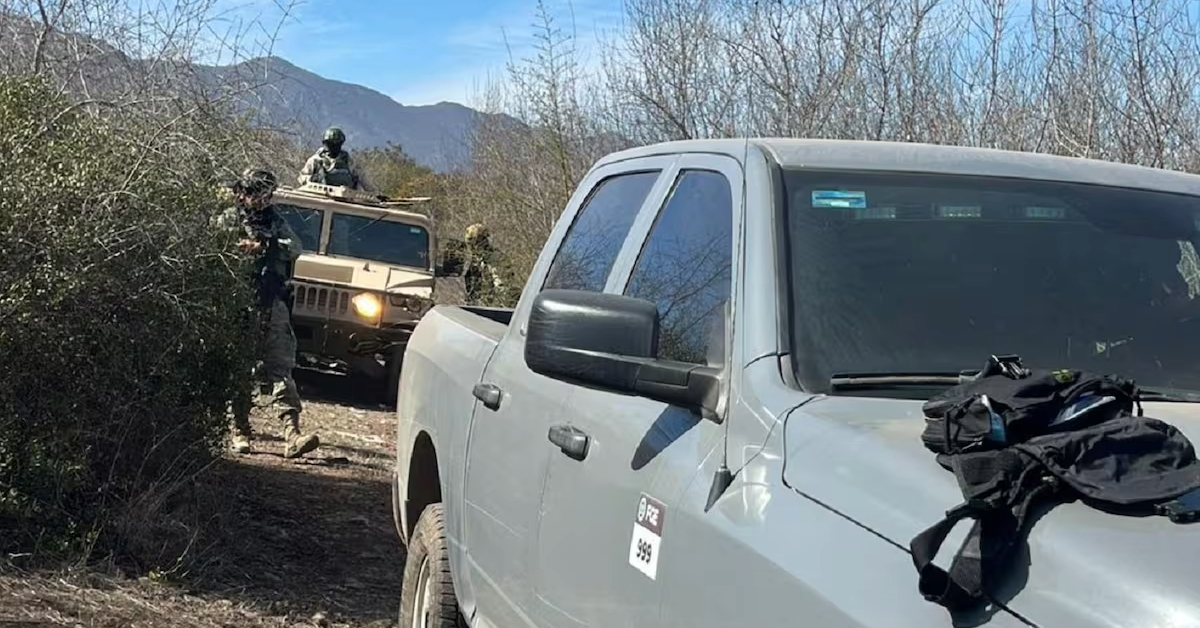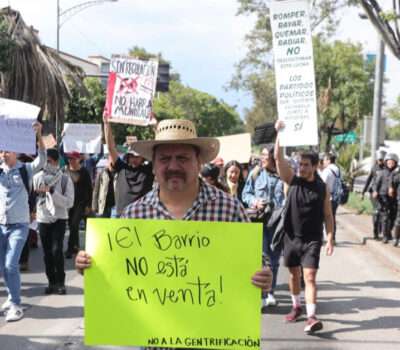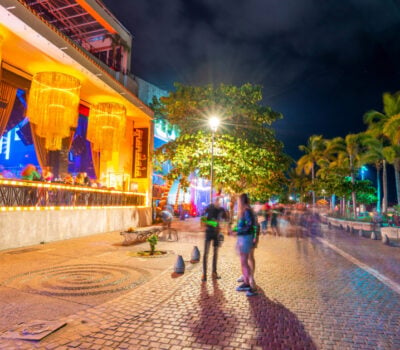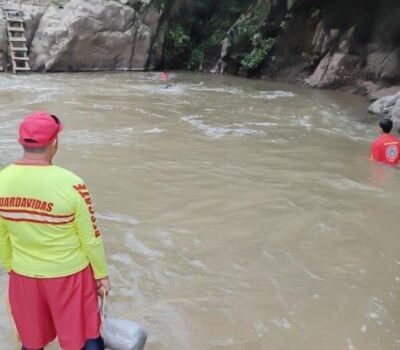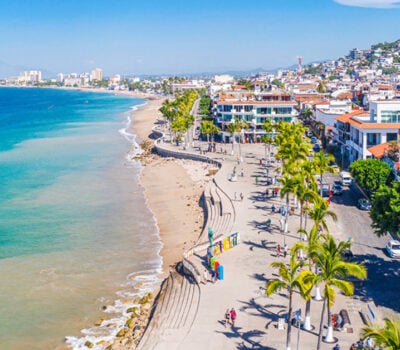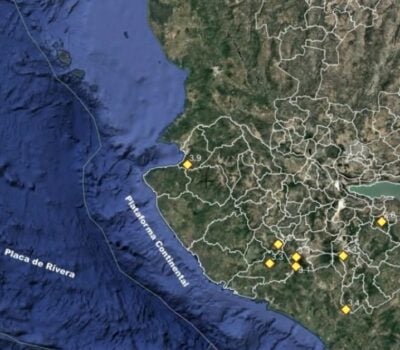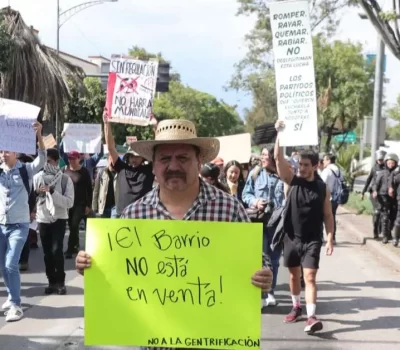Security heightened at Baja California’s border with Baja California Sur after eight bodies found in Bahía de los Ángeles. Recent homicides in Ensenada also prompt targeted state response.
Authorities in Baja California have stepped up security along the state's southern border following the discovery of a mass grave containing eight bodies in the coastal town of Bahía de los Ángeles. The move comes amid a recent uptick in violent incidents, including a series of homicides and cartel-linked attacks in the region.
State Secretary of Citizen Security Laureano Carrillo Rodríguez confirmed that security operations have been reinforced at the 28th Parallel, the dividing line between Baja California and Baja California Sur. This stretch, from Guerrero Negro to the northern border, has become a growing concern for law enforcement.
“In the last month, Baja California has experienced significant attacks, an increase in homicides,” Carrillo Rodríguez said. “On instructions from our superiors, we reinforced security at the 28th Parallel… It is actually a bit far from San Quintín, and that sometimes makes it difficult for us to send public forces there. However, we are doing it.”
The mass grave, which was found in Bahía de los Ángeles—a remote fishing village on the Gulf of California coast—has not yet been officially linked to organized crime, but the area has seen increased cartel activity in recent years, largely due to its geographic isolation and limited law enforcement presence.
Carrillo Rodríguez added that the National Defense Secretariat (Sedena) recently intercepted a vehicle in the same area, abandoned after an attack between rival criminal groups. He did not specify whether the incident was related to the mass grave, but acknowledged that the area remains volatile.
Spike in homicides in Ensenada
In a separate but possibly connected development, Carrillo Rodríguez revealed that there was a spike in homicides earlier this month in the city of Ensenada, located about 500 kilometers north of Bahía de los Ángeles.
“On June 5 and 7, we recorded two homicides, and then there was an attack at a drug dealing point where three people died and another three were injured,” he said.
The wave of violence triggered a swift response from state authorities. A specialized intervention unit, described by Carrillo Rodríguez as a "force we have at the state level," was deployed to Ensenada shortly after the incidents.
“We put together an immediate reaction force, specialized in intervention and arrest issues, which we will announce soon,” he stated.
Thanks to this unit's rapid response, authorities arrested a key figure allegedly in charge of cartel operations in Ensenada.
“Later, on June 7, we arrested an entire cell of individuals who carried out the attack against the three people and the three wounded,” he said. “Fortunately, they were arrested by the State Force in support of the Defense, and by the Prosecutor's Office.”
Since the arrests, Carrillo Rodríguez reported that no new homicides have been recorded in Ensenada.
Strategic deployments and cartel violence
The Baja California peninsula has long served as a corridor for drug trafficking, given its proximity to the United States and sparse rural areas that facilitate smuggling routes. The recent violence in both Bahía de los Ángeles and Ensenada suggests renewed cartel competition and shifting territorial control.
The decision to bolster forces at the 28th Parallel is intended to disrupt criminal networks moving between Baja California and Baja California Sur. However, the vast geography and limited infrastructure in the region pose logistical challenges for authorities.
Security officials say they are coordinating efforts between local police, state security forces, Sedena, and the Baja California Prosecutor’s Office to maintain order and investigate the recent killings.
Carrillo Rodríguez did not confirm whether the eight bodies found in Bahía de los Ángeles were local residents or individuals brought in from outside the area. Forensic investigations are ongoing, and state authorities have not yet released any identities or possible motives.
Public concern grows
The discovery of the mass grave and the visible escalation in violence have raised concerns among residents and civil society groups in Baja California. While local officials have praised the swift deployment of specialized units, residents in remote communities like Bahía de los Ángeles say they continue to feel unprotected due to the infrequent presence of law enforcement.
The state’s security strategy, including the creation of mobile intervention forces, reflects a growing need to address both urban violence in cities like Ensenada and rural insecurity in isolated communities. However, the long-term effectiveness of these deployments remains to be seen.
As authorities work to investigate the recent incidents and stabilize the region, residents are left hoping for sustained security measures rather than short-term responses to isolated bursts of violence.


